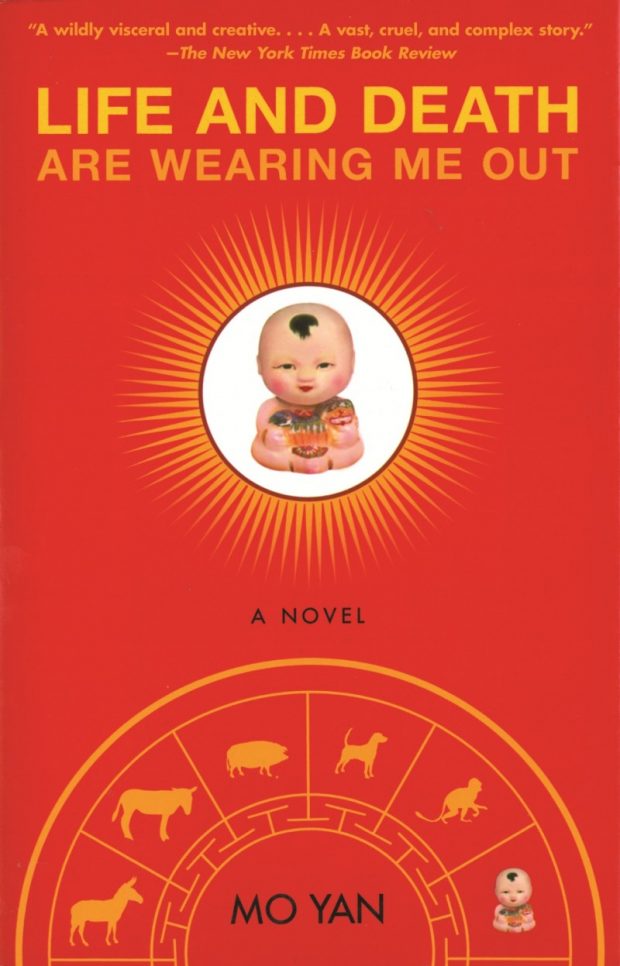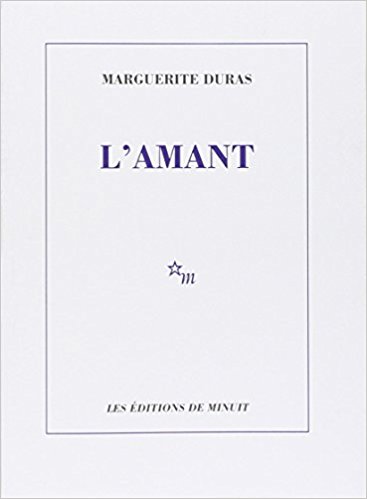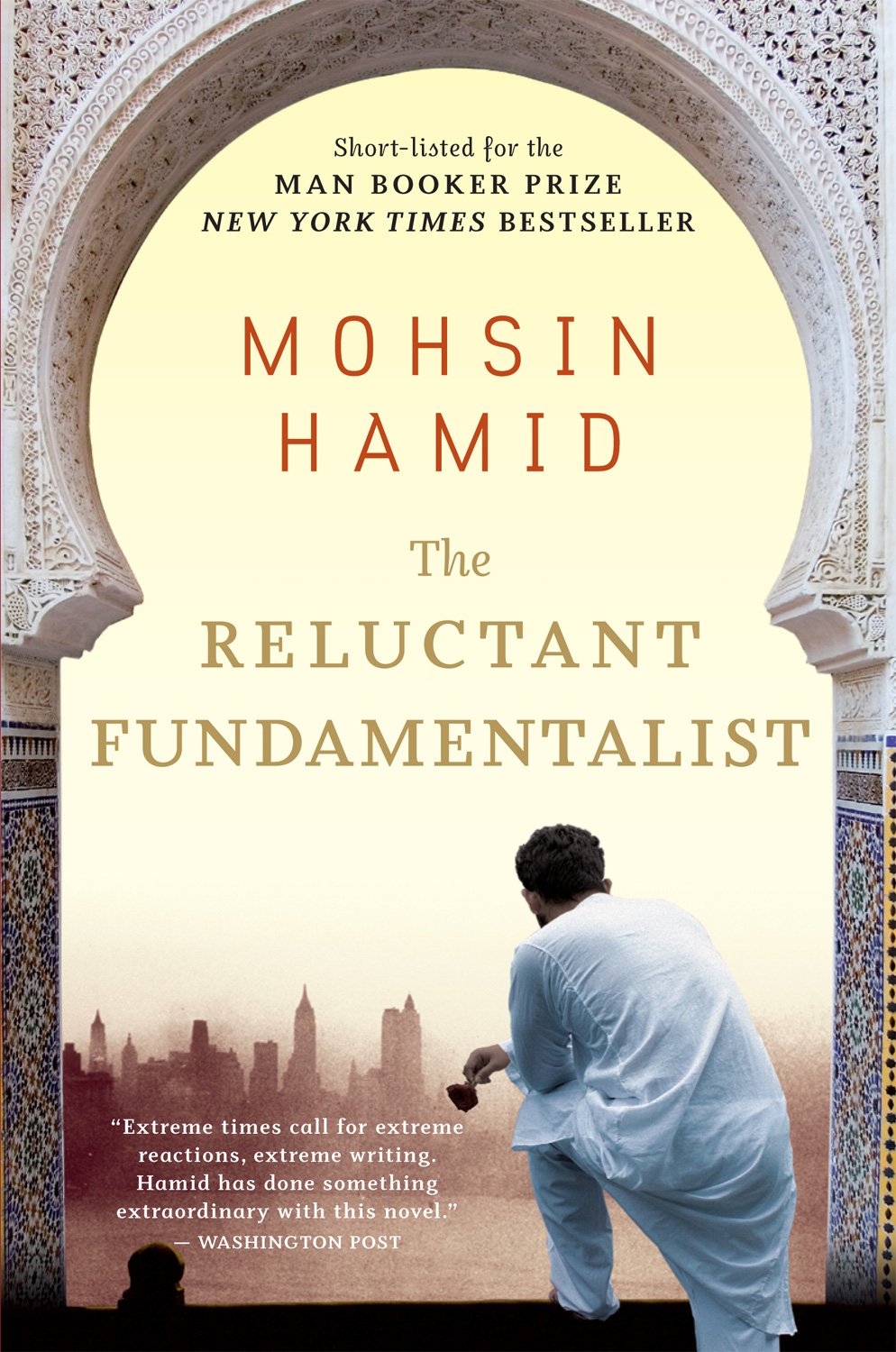
Ximen Nao’s six reincarnations under the Chinese Communist Party

Life and death are wearing me out
Mo Yan, Arcade Publishing (Eng. trans.), 2008,
In 1948, Ximen Nao, a rich landowner, was executed by the sharecroppers who were working for him. He felt he had been unjustly murdered since he thought he had been an excellent landlord. After spending two years in the kingdom of darkness, on January 1, 1950, he was sent back to earth by Lord Yama, ruler of the underworld, since he could not bear to listen to his complaining any longer.
But Ximen Nao finds he is not himself, as he lives through successive reincarnations as a donkey, ox, pig, dog, and monkey until finally being born again as a man. Through the 540 pages of Life and death are wearing me out, the protagonist experiences the political movements that swept China under Communist Party rule, including the Great Chinese Famine and Cultural Revolution, all the way through to New Year’s Eve in 2000.
Author Guan Moye, better known as Mo Yan, was born in 1955 into a rural family in northern China. His pen name means, do not speak. The cultural revolution forced him to leave school at 12, and he went to work in the fields, completing his education in the army and publishing his first work in 1981. His style has often been described as magical realist as he has cited Gabriel Garcia Marquez as a contemporary influencer on his work.
The prolific author he is, Mo Yan describes intricate portraits of Chinese rural life. His work has been widely translated in the West, but he is perhaps best known abroad for his
1986 novel, Red Sorghum, which follows the story of a family’s struggle during the second Sino-Japanese War. The novel was also reinterpreted in film-version, directed by Zhang Yimou.
In 2012, Mo Yan won the Nobel Prize in Literature for works of “hallucinatory realism” that merged “folk tales, history, and the contemporary”. However, several human rights activists have criticised the writer for toeing the government line and for failing to speak up for the writers and dissidents who have been jailed in China for their political beliefs.
by Alessandra Bonanomi, Reporter for The AsiaN












